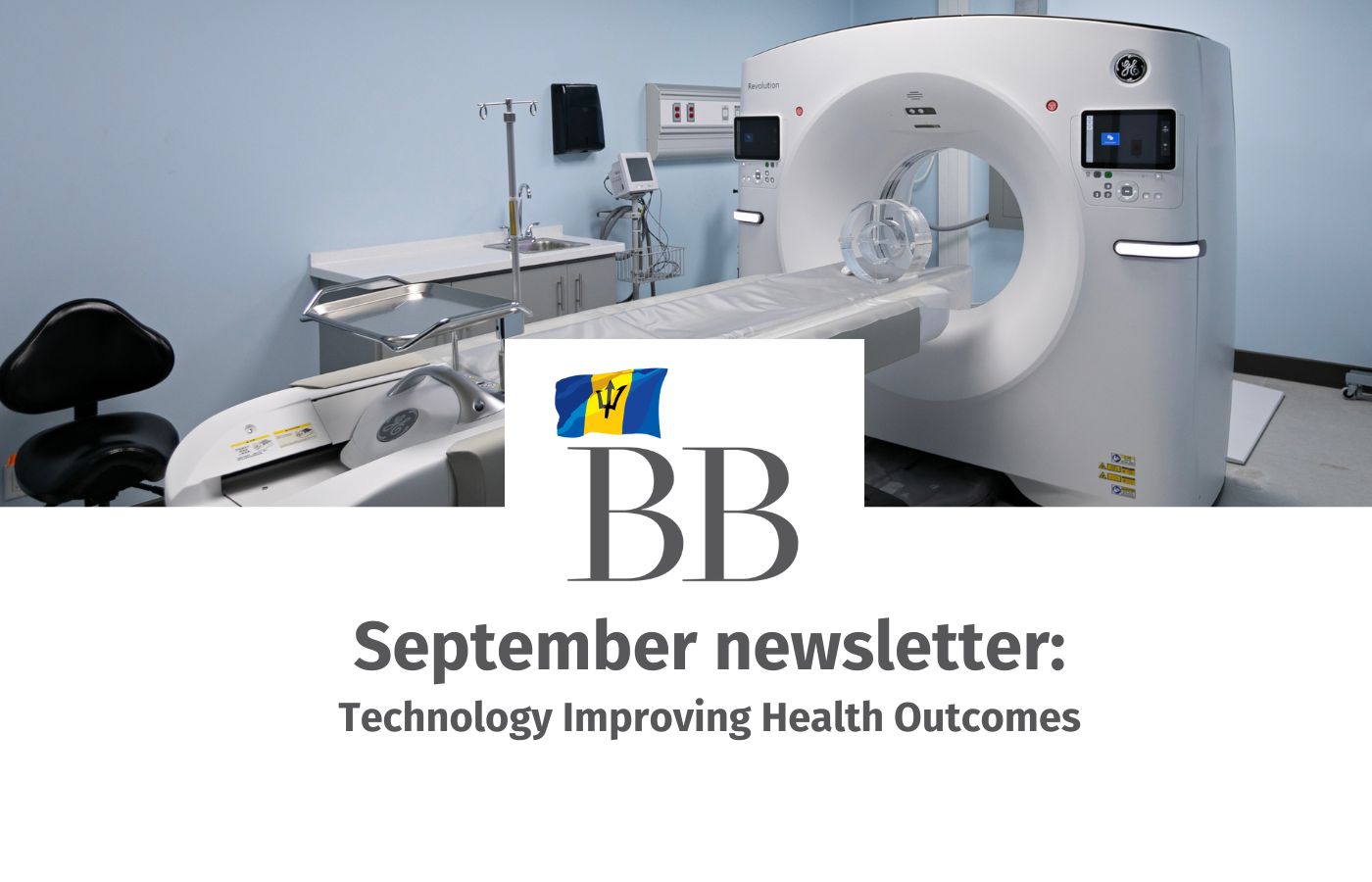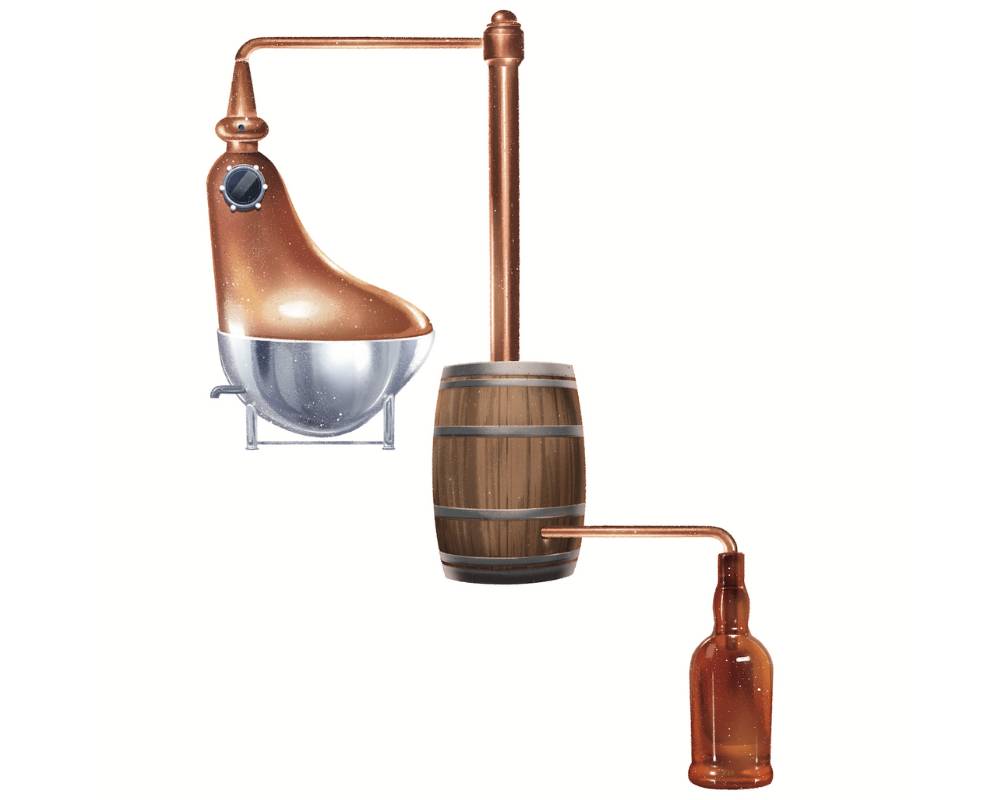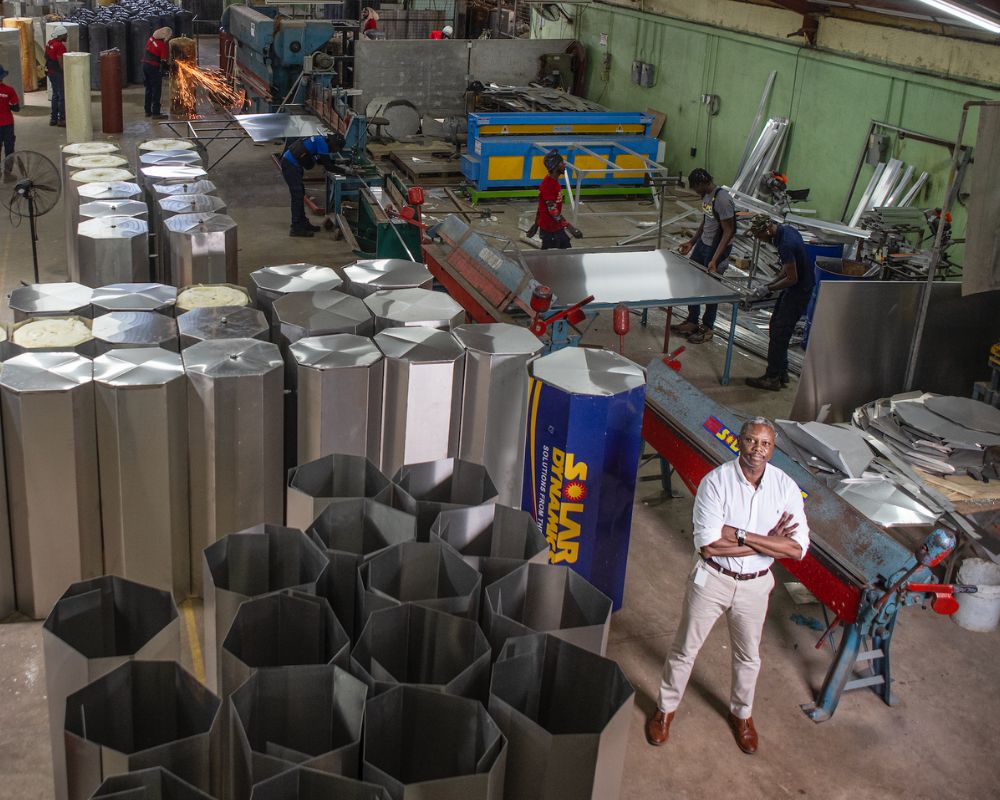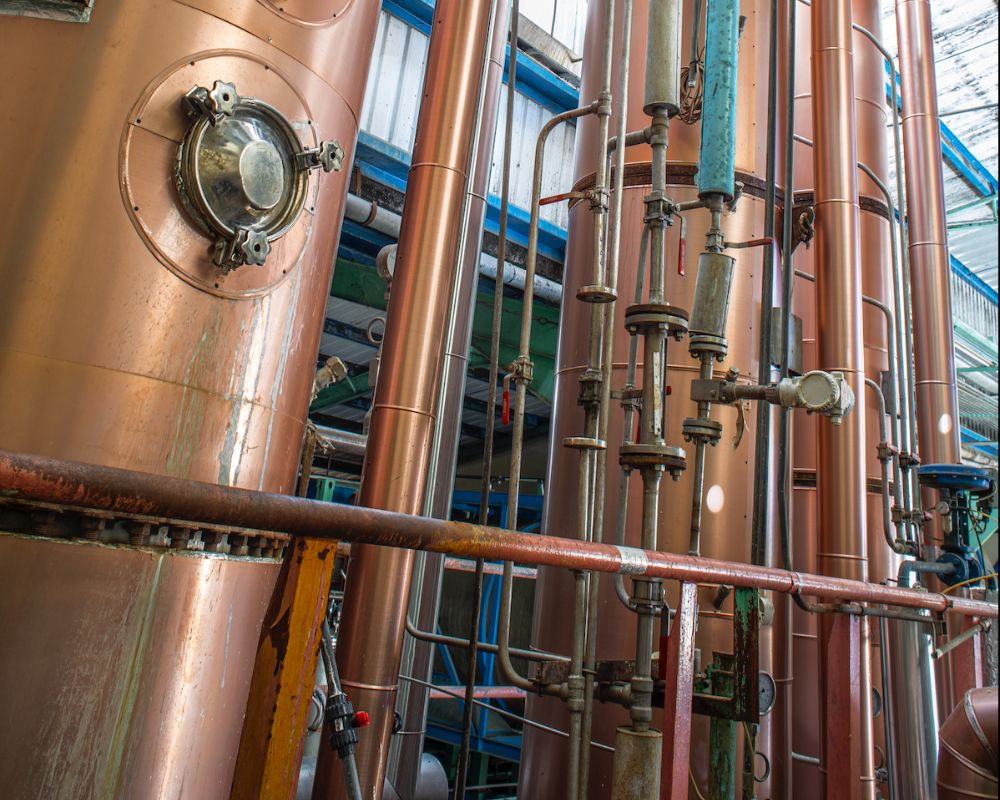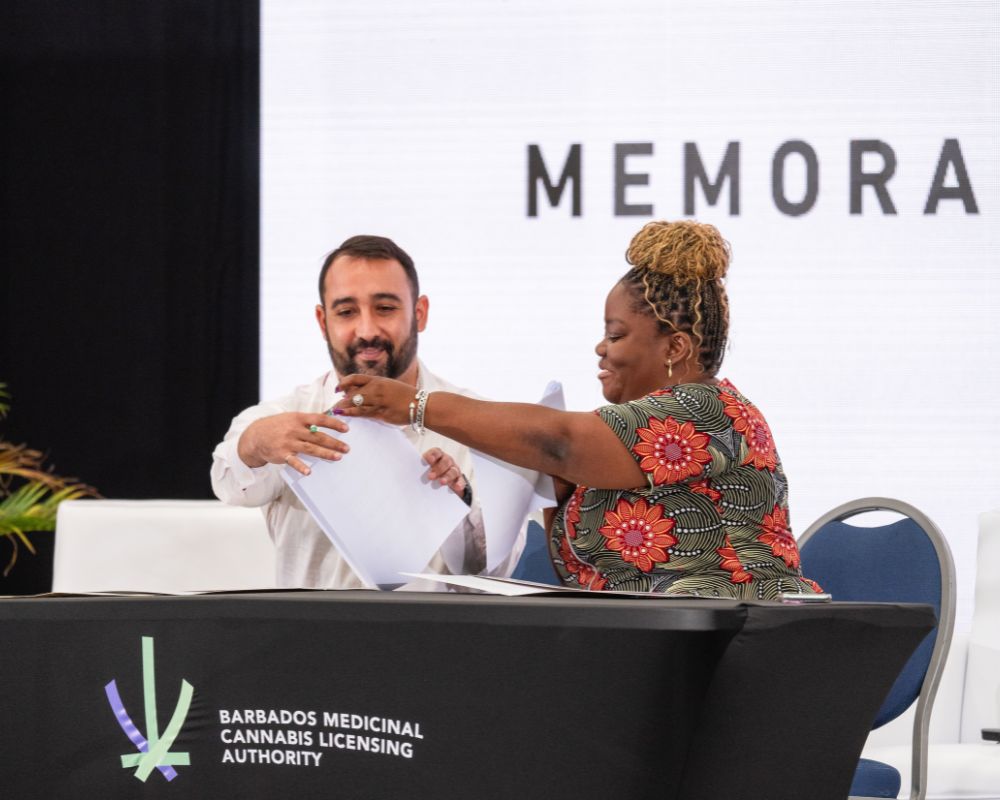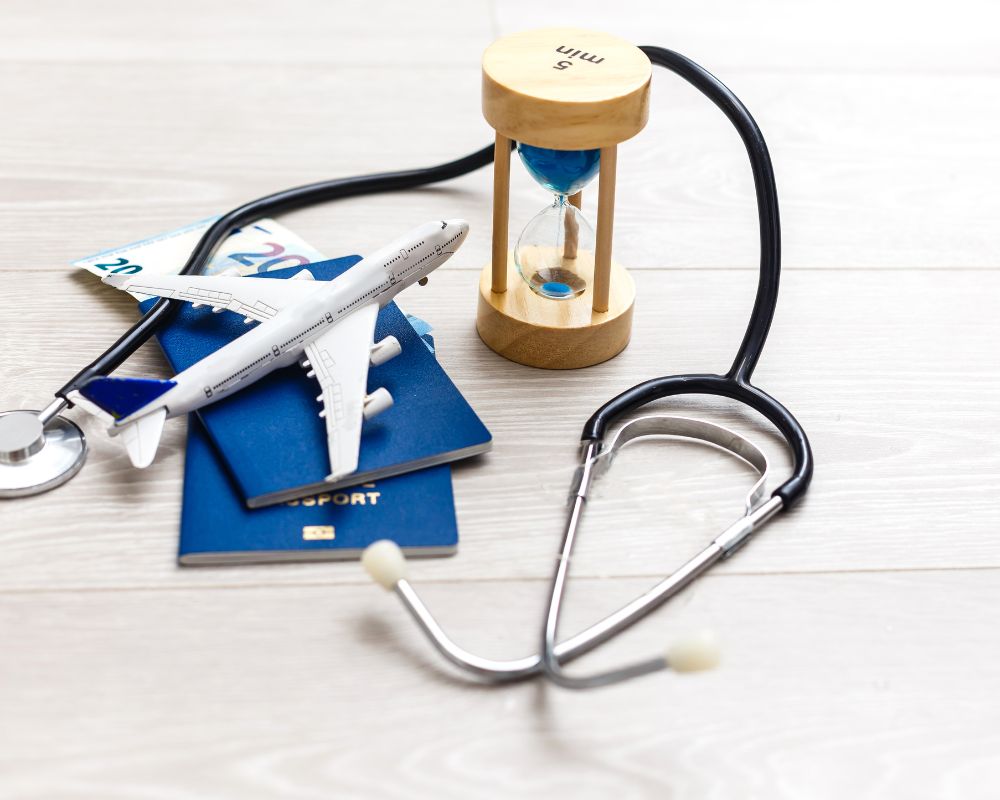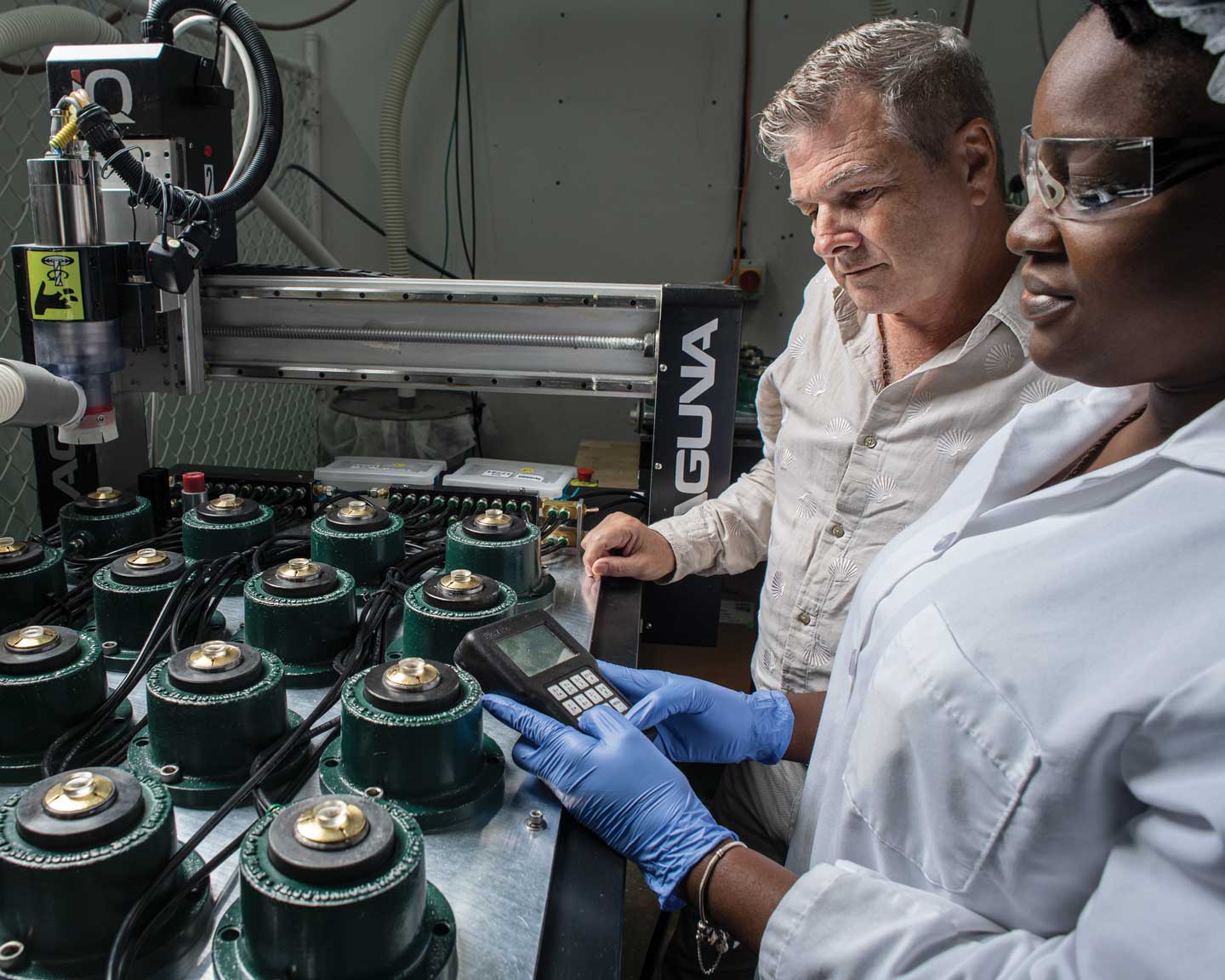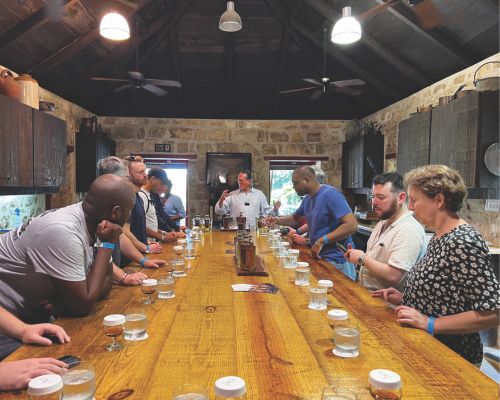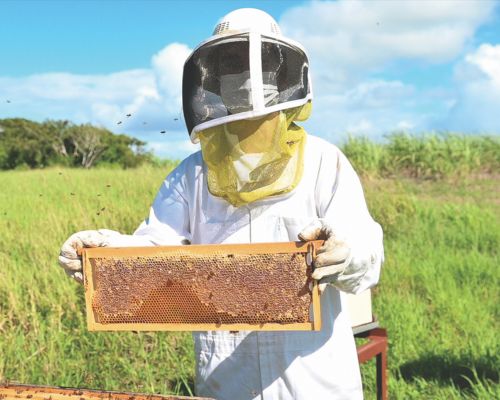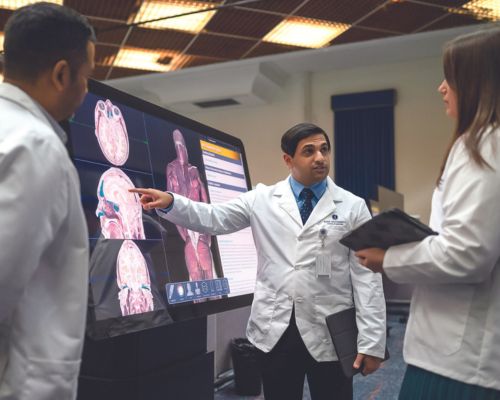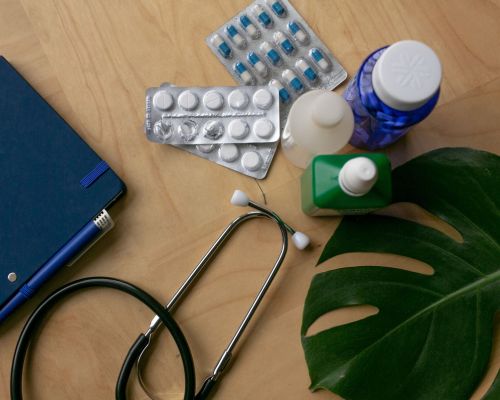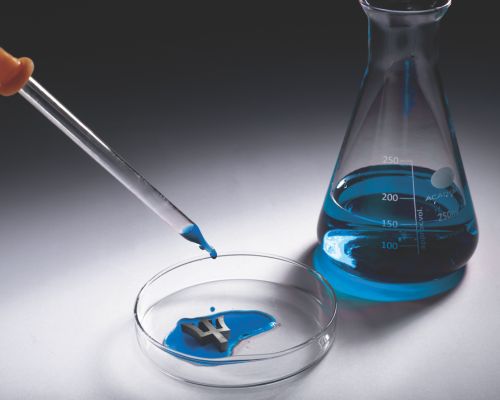-8.avif)
COP27 brought together global leaders, offering the chance to meet face-to-face and discuss global challenges that go beyond the official agenda of the climate crisis.
Barbados Prime Minister, the Hon. Mia Amor Mottley, President of Guyana H.E. Mohamed Irfaan Ali, and President of the Republic of Rwanda, H.E. Paul Kagame met in Sharm El-Sheikh on the sidelines of the climate change conference to discuss the furthering of pharmaceutical equity for global public health with President of the European Commission Ursula von der Leyen, and Director-General of the World Health Organization (WHO) Dr Tedros Adhanom Ghebreyesus.
Concurrently, a Barbados delegation led by Invest Barbados has been in Rwanda, strengthening economic ties between the two counties in other areas, including aviation and sports. You can read more about this from the Rwanda Development Board.
President Kagame in a statement reminded everyone that the global pandemic highlighted that economic prosperity means nothing without putting health at the centre:
“And so, one area where we have found to cooperate productively is pharmaceutical manufacturing. This is a complex industry but it is indeed possible for countries like ours to be part of it, thanks to new technologies and partners,” said President Kagame.
Commenting on the partnership, Prime Minister Motley said that pharmaceutical equity is a game changer for “us all”.
She added that the partnership will result in a significant boost in Barbados’ technology and sciences sector.
“I make this point every other day. Barbados has produced 6,000 graduates in the area of science from the Cave Hill Campus of the University of the West Indies here in the last five years. And while there is absolute mobility in teaching, we recognise that that is not the only purpose that people would want to use a science degree, and therefore we have a solemn obligation to being able to build a platform for biotechnology, ICT, science and technology generally,” said PM Mia Motley.
Out of these discussions comes the announcement of a transatlantic bridge between the Caribbean, Latin America and Africa to develop and manufacture pharmaceuticals for global public health. The key recommendation is the establishment of an inter-governmental South-South cooperation initiative, with the ambitious target of manufacturing 60% of all essential, contemporary pharmaceuticals for the populations of the Caribbean, Latin America and Africa by 2040. The priority will be next generation oncological drugs, preventative and therapeutic vaccines as well as modalities for women's health.






